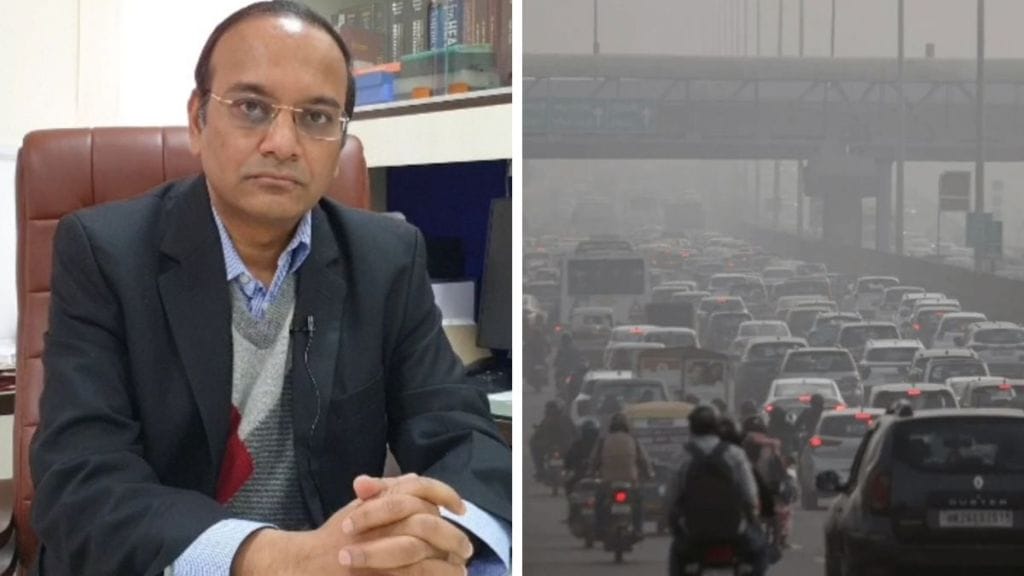Delhi AQI saw no signs of improvement on Monday, November 3, as the city woke up to another ‘very poor’ air quality day. The toxic haze continues to envelop the city days after Delhi suffered its worst post-Diwali air, as per Central Pollution Control Board.
The gloomy mornings and sleepless nights are also coming with terrible consequences for health, as the dense concentration of pollutants are leading to a jump in cases of respiratory distress with pulmonologists in the city reporting a 30% jump in patients with breathing difficulties, asthma flare-ups, and allergic bronchitis within just two days after Diwali, according to a PTI report.
‘It’s certainly a health emergency’
The deadly combo of smoke from crackers, stagnant air, and stubble burning has complicated things for patients with chronic respiratory illnesses like asthma, COPD, and chronic heart diseases among others. It is also raising risk for people who never had these issues.
“There is a surge of patients coming in reporting respiratory issues. We are seeing worse, more uncontrolled issues (due to pollution). In people who didn’t have any issues earlier, new issues have been observed, and new patients are being created. It’s certainly a medical emergency and urgent steps need to be taken to tackle it,” Dr Anant Mohan, Professor and Head, Dept. Of Pulmonary, Critical care and Sleep Medicine, told Financial Express.com.
Dr Mohan advises people, especially children to safeguard their health by wearing masks and reducing their exposure outside during these four months when pollution levels skyrocket.
Explaining the short term respiratory issues that pollution can cause, Dr Mohan mentions the toxic air can lead to breathing issues, worsening of respiratory issues such as asthma, among others. He says that pollution could have a bearing on multiple aspects of health with long term consequences such as cardiovascular disease, stroke, lung cancer, and adverse outcomes for expecting mother and unborn child.
Pollution claiming more lives than ever before in Delhi
Air pollution is becoming a major health threat for Delhi residents. A 2023 analysis by latest Global Burden of Disease (GBD) shows it caused nearly 15% of all deaths in the year, meaning one in every seven deaths in Delhi has been linked to polluted air as per the study.
Air pollution has become a serious health crisis in recent years with global studies showing a significant rise in asthma and other respiratory diseases in Delhi, linked to the city’s severe air pollution.
According to the Lancet journal, In India, air pollution exceeds WHO safety limits. In 2021, Delhi’s annual average PM2.5 level was over 100 μg/m³, far above both limits. Due to cracker burning and crop burning, PM2.5 can spike to 700–1000 μg/m³, creating severe short-term exposure risks, as per the medical journal.


